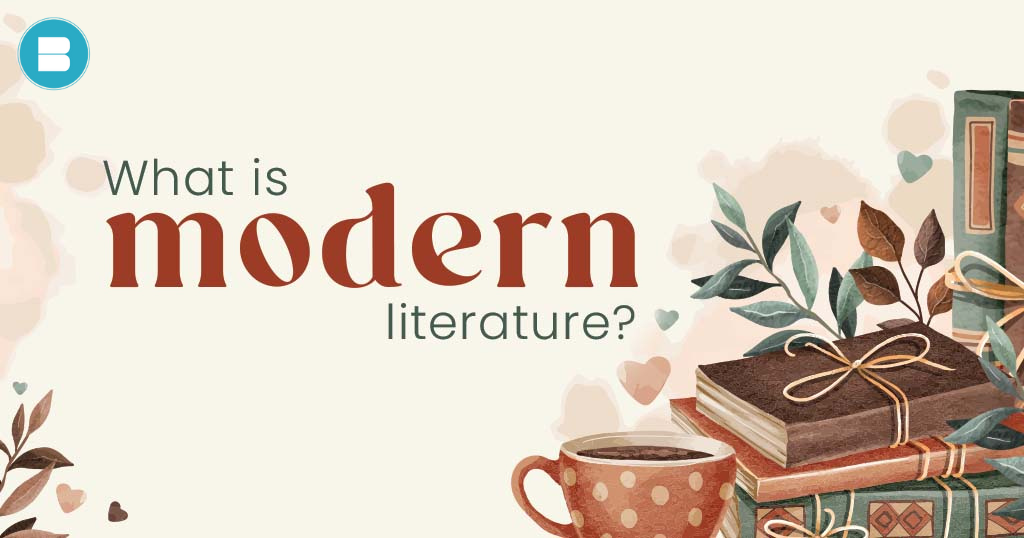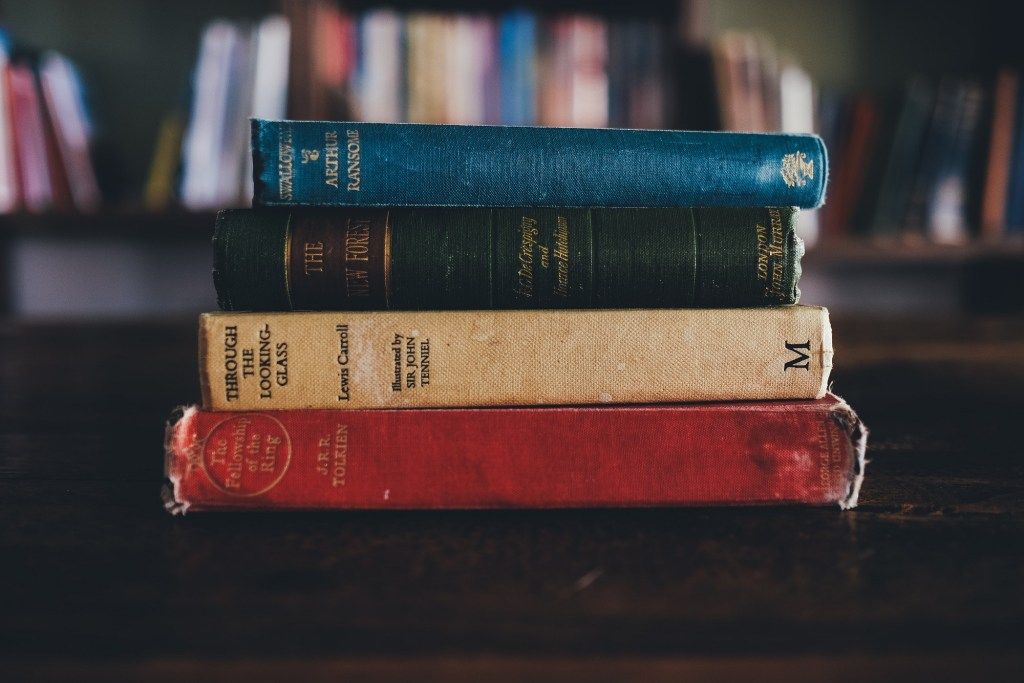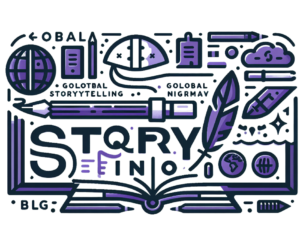
Short stories, with their compact form and ability to capture profound insights in just a few pages, have long held a special place in literature. Their brevity forces writers to distill complex ideas and emotions into a few words, a skill that influences modern storytelling in various ways. This article explores how famous short stories from the past continue to shape and inspire contemporary literature, highlighting key examples and examining their lasting impact on today’s literary landscape.
The Enduring Legacy of Classic Short Stories
Short stories have always been a powerful medium for exploring human nature and societal issues. Classic short stories, written by authors like Edgar Allan Poe, Nathaniel Hawthorne, and Shirley Jackson, have left an indelible mark on literature. Their ability to convey deep themes in a concise format serves as a model for modern writers.
- Edgar Allan Poe’s Mastery of the Short Story
Edgar Allan Poe’s short stories, such as “The Tell-Tale Heart” and “The Fall of the House of Usher,” are exemplary of his skill in creating suspense and exploring the darker aspects of human psychology. Poe’s use of unreliable narrators and his focus on the macabre have inspired countless contemporary writers. Modern thriller and horror genres often draw from Poe’s techniques, employing psychological complexity and creating a sense of dread in a brief narrative space.
- Nathaniel Hawthorne’s Moral and Symbolic Tales
Nathaniel Hawthorne’s stories, including “The Birthmark” and “Young Goodman Brown,” are renowned for their moral and symbolic depth. Hawthorne’s exploration of guilt, sin, and human imperfection continues to influence contemporary writers. His use of allegory and symbolism encourages modern authors to imbue their short stories with layers of meaning, challenging readers to look beyond the surface.
- Shirley Jackson’s Psychological Insight
Shirley Jackson’s “The Lottery” is a seminal work that critiques social norms and human behavior. Jackson’s ability to create unsettling atmospheres and explore societal pressures has influenced modern psychological fiction. Her stories inspire contemporary authors to address uncomfortable truths and challenge societal conventions through their narratives.
Modern Influences: How Short Stories Shape Contemporary Literature
Contemporary literature often reflects the influence of classic short stories in several ways. Here’s how these timeless tales continue to shape modern storytelling:
- Narrative Techniques and Structure
Many modern writers adopt narrative techniques pioneered by classic short story authors. For instance, the use of unreliable narrators, a hallmark of Poe’s work, is prevalent in contemporary fiction. This technique creates tension and ambiguity, engaging readers in a more active interpretation of the story.
- Exploration of Dark Themes
Classic short stories often delve into dark or taboo subjects. Modern literature frequently revisits these themes, using them to explore contemporary issues. Writers tackle complex themes such as mental illness, societal injustice, and existential dread, reflecting the influence of earlier short stories that pushed the boundaries of acceptable discourse.
- Short Story Collections and Anthologies

The format of the short story collection remains popular, echoing the practices of classic authors. Modern anthologies often feature a mix of established and emerging voices, continuing the tradition of showcasing diverse perspectives within a cohesive theme. This format allows readers to experience a range of styles and subjects, much like the collections of Poe, Hawthorne, and Jackson.
- Influence on Other Media
The influence of classic short stories extends beyond the written word. Many modern films, TV shows, and other media adapt short stories or draw inspiration from their themes. For instance, Poe’s tales have inspired numerous adaptations and homages in cinema, while Jackson’s work has been the basis for successful television series. This cross-media influence demonstrates the lasting impact of these stories on contemporary culture.
Contemporary Short Story Writers Influenced by the Classics
Several modern short story writers owe much of their craft to the classic masters. Here are a few notable examples:
- Junot Díaz
Junot Díaz’s short stories, such as those in “This Is How You Lose Her,” reflect the influence of classic short stories in their exploration of identity and societal issues. Díaz’s use of vivid language and complex characters echoes the techniques of Hawthorne and Jackson, blending cultural critique with personal narrative.
- George Saunders
George Saunders is known for his innovative storytelling and satirical edge, reminiscent of Poe’s ability to blend psychological insight with dark humor. Saunders’ short stories, like those in “Tenth of December,” showcase his skill in creating compelling, often surreal narratives that engage with contemporary concerns.
- Alice Munro
Alice Munro’s short stories, including those in “Dear Life,” exhibit a mastery of character development and emotional depth. Munro’s exploration of human relationships and the complexities of life reflects the influence of classic short story writers who excelled in capturing the essence of human experience in a concise format.
Conclusion
The legacy of classic short stories is a testament to their enduring power and relevance. By examining the works of Edgar Allan Poe, Nathaniel Hawthorne, and Shirley Jackson, we see how their influence continues to shape modern literature. Contemporary writers draw upon the narrative techniques, thematic explorations, and structural innovations of these classic tales, ensuring that their impact is felt across genres and mediums. As long as storytelling remains a central part of our cultural landscape, the timeless tales of the past will continue to inspire and inform the literature of the present and future.












